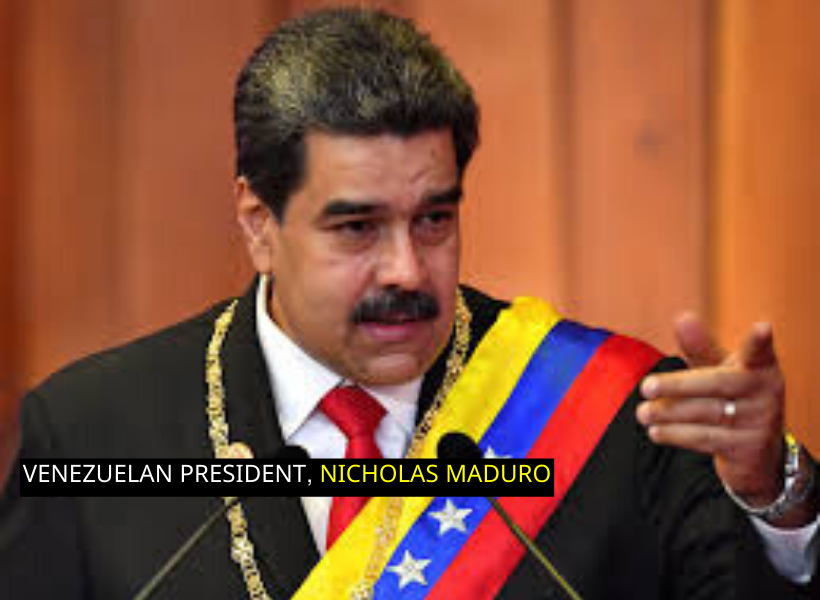Venezuela’s President, Nicolas Maduro has severed diplomatic relations with seven countries following their condemnation of his alleged rigging of the country’s Sunday, July 28 elections. The nations affected include Argentina, Chile, Costa Rica, Peru, Panama, the Dominican Republic, and Uruguay, whose governments have expressed severe disapproval of the election results, alleging that the process was manipulated to ensure Maduro’s continuation in power.
The Maduro regime recently released a statement rejecting what it termed as “interventionist actions and statements” from these governments. The statement accused them of being subordinate to Washington and aligned with the ideological postulates of international fascism.
It further criticized these nations for attempting to reconstitute the Lima Group, a coalition previously formed to address the Venezuelan crisis, in an effort to undermine the electoral outcome.
On Sunday, despite there being a reported 30% defeat by opposition presidential candidate, Edmundo Gonzaléz, Maduro was still declared the winner of the presidential elections, securing his position for another term running from 2025 to 2031. There were several reports of soldiers storming polling stations to remove ballot boxes and the country has since been in unrest.
The results have sparked significant international controversy, with many countries questioning the legitimacy of the electoral process. The Venezuelan government has responded to these criticisms by recalling its diplomatic personnel from the aforementioned countries and demanding that their representatives leave Venezuelan territory immediately.
The statement from the Venezuelan government also highlighted its intent to confront any actions that threaten the nation’s peace and coexistence. The administration condemned what it views as persistent interventionist and harassing statements aimed at disregarding the will of the Venezuelan people.
International reaction to Venezuela’s severing of diplomatic ties has been mixed. Supporters of Maduro’s government have praised the move as a necessary defense of national sovereignty. In contrast, critics argue that it isolates Venezuela further on the international stage and exacerbates the country’s diplomatic isolation. The decision has significant implications for bilateral relations, trade, and cooperation between Venezuela and the affected countries.
The severance of diplomatic ties is expected to have immediate repercussions on citizens of these nations residing in or traveling to Venezuela. Consular services, including visa processing, assistance to nationals, and bilateral trade discussions, are likely to be disrupted.
Moreover, this move may prompt other countries to reconsider their diplomatic stance towards Venezuela, potentially leading to a broader reevaluation of international relations with the Maduro administration.













